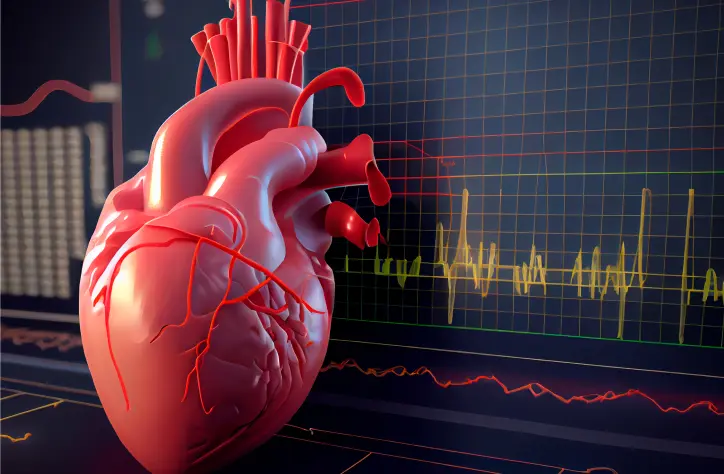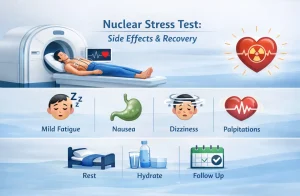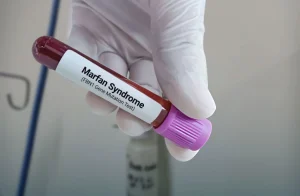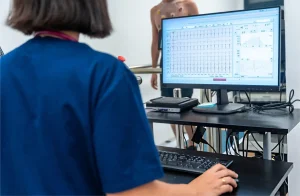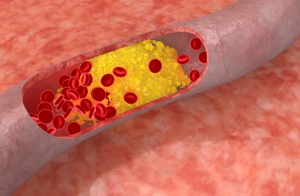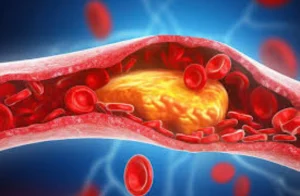Has your heart ever skipped a beat, raced like a marathon runner, or fluttered like a butterfly in your chest? If so, you’ve experienced heart palpitations.
Those odd sensations can feel alarming like something’s wrong. And sometimes, it’s true – palpitations can be a sign of an underlying health issue. But more often than not, they’re harmless and temporary.
So, how do you know when to worry? When is a racing heart just a racing heart, and when does it warrant a trip to the doctor?
In this blog, we’re going to break down everything you need to know about heart palpitations. We’ll explore what causes them, when they’re harmless and when you should seek medical help
Let’s eliminate the mystery of those flutters and thumps so you can feel confident and informed about your heart health.
What are Heart Palpitations?
Heart palpitations are the sensation of feeling your heart beat rapidly, irregularly, or forcefully. It may feel like your heart is fluttering, pounding, racing, skipping beats, or flip-flopping in your chest. Palpitations can be felt in the chest, throat, or neck and may last for a few seconds or several minutes.
Why Do Palpitations Occur?
Palpitations occur due to changes in the heart’s electrical signals, which regulate its rhythm. These changes can be triggered by various factors, both harmless and potentially concerning.
Common triggers include:
- Lifestyle factors: Stress, anxiety, intense exercise, caffeine, nicotine, alcohol, and certain medications or supplements.
- Medical conditions: Arrhythmias (abnormal heart rhythms), thyroid problems (hyperthyroidism), anemia, low blood sugar, electrolyte imbalances, and fever.
- Hormonal changes: Pregnancy, menstruation, and menopause.
- Underlying heart conditions: Heart disease, heart valve problems, and previous heart attacks.
In many cases, the exact cause of palpitations remains unknown. However, understanding the potential triggers can help identify patterns and manage or avoid them, especially if the palpitations are frequent or bothersome.
Prevent heart problems before they start – Schedule a preventive checkup
Contact UsCan Arrhythmia Be a Cause of Heart Palpitations?
Arrhythmias are abnormal heart rhythms that occur when the electrical signals coordinating the heart’s beating malfunction. These malfunctions can cause the heart to beat too fast (tachycardia), too slow (bradycardia), or irregularly.
The irregular heartbeats associated with arrhythmias can lead to the sensation of palpitations. The specific type of arrhythmia determines the type of palpitation felt. For instance:
- Atrial fibrillation (AFib) often causes a rapid, irregular heartbeat that feels like fluttering or quivering in the chest.
- Ventricular tachycardia (V-tach) can cause a very fast heartbeat, dizziness, lightheadedness, and even fainting.
- Supraventricular tachycardia (SVT) can lead to a sudden, rapid heartbeat that starts and stops abruptly.
It’s important to note that while arrhythmias are a common cause, not all palpitations are caused by arrhythmias.
When to Worry About Heart Palpitations?
While heart palpitations are often harmless, there are certain situations where it’s important to consult a doctor:
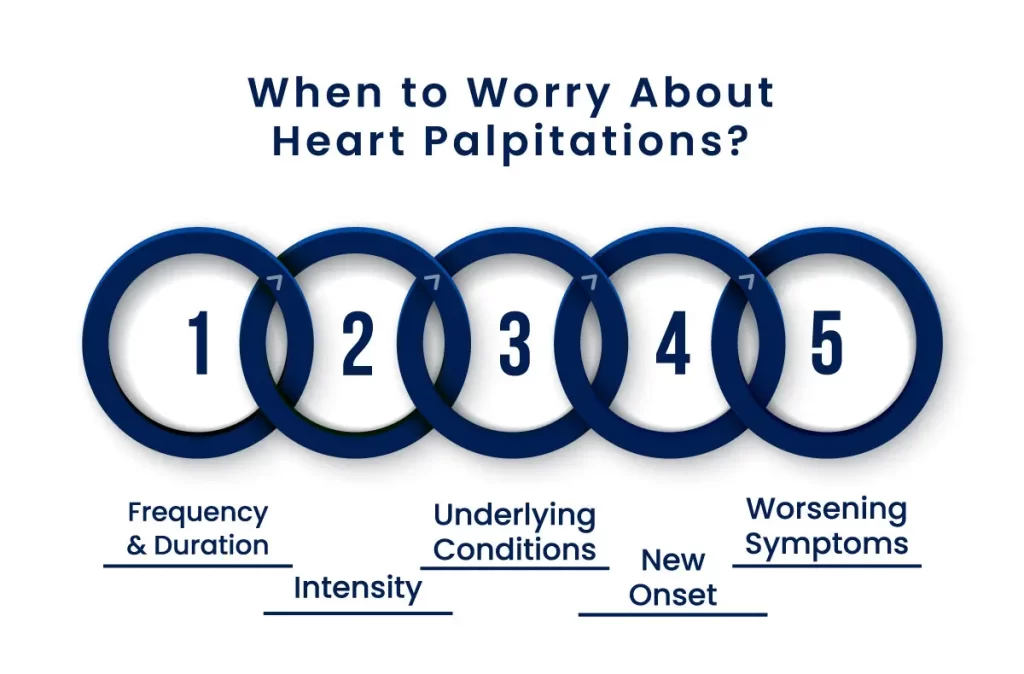
Frequency and Duration:
If your palpitations occur frequently (several times a day or week) or last for prolonged periods (several minutes or longer), it’s worth seeking medical evaluation.
Intensity:
If your palpitations feel particularly strong or uncomfortable, or if they are accompanied by other symptoms like chest pain, dizziness, shortness of breath, fainting, or extreme fatigue, seek medical attention promptly.
Underlying Conditions:
If you have a history of heart disease, thyroid problems, or other medical conditions that can affect heart rhythm, it’s important to be more vigilant about palpitations and consult your doctor, even if they are infrequent or mild.
New Onset:
If you’re experiencing heart palpitations for the first time, especially if you’re over 60 years old, it’s recommended to see a doctor to rule out any underlying heart problems.
Worsening Symptoms:
If your palpitations are becoming more frequent, intense, or prolonged, or if you’re developing new symptoms along with them, seek medical evaluation.
Prevent heart problems before they start – Schedule a preventive checkup
Contact UsWhat to Expect When Seeking Medical Attention for Heart Palpitations?
When you visit a doctor for heart palpitations, here’s what you can typically expect:
Detailed Assessment:
- Medical History Review: The doctor will ask about your medical history, including any existing conditions, medications you’re taking, and family history of heart problems.
- Symptom Description: You’ll be asked to describe your palpitations in detail, including how they feel, how long they last, how often they occur, and any associated symptoms.
- Physical Examination: The doctor will perform a physical examination, listening to your heart, checking your pulse, and measuring your blood pressure.
Diagnostic Tests:
- Electrocardiogram (ECG or EKG): This test records your heart’s electrical activity and can help identify arrhythmias or other abnormalities.
- Holter Monitor or Event Monitor: These portable devices record your heart’s rhythm over a period of time, helping to capture intermittent palpitations.
- Echocardiogram: This ultrasound of your heart can reveal structural problems that might contribute to palpitations.
- Blood Tests: These can check for thyroid problems, electrolyte imbalances, or other underlying conditions.
- Stress Test: This assesses your heart’s response to exercise and can reveal underlying issues triggered by exertion.
Treatment Plan:
If an underlying cause is identified, the doctor will recommend an appropriate treatment plan. This may involve:
- Lifestyle Changes: Reducing stress, avoiding triggers like caffeine or alcohol, and maintaining a healthy weight.
- Medications: Antiarrhythmic drugs, beta-blockers, or other medications to regulate heart rhythm.
- Procedures: Catheter ablation (to destroy abnormal electrical pathways) or implantation of a pacemaker or defibrillator (to regulate heart rhythm).
Why Do Heart Palpitations Happen At Night?
Heart palpitations can be more noticeable at night for several reasons. During the day, distractions and activities can mask the subtle sensations of a racing or irregular heartbeat. However, in the quiet of the night, when you’re relaxed and lying down, you become more aware of your body’s internal sensations, including your heartbeat.
Additionally, certain factors that contribute to palpitations may be more prevalent at night.
For example, anxiety and stress, which are common triggers for palpitations, may intensify in the evening when you’re winding down and reflecting on the day’s events. Furthermore, certain medications or substances consumed throughout the day, like caffeine or alcohol, can linger in your system and affect your heart rhythm later at night.
Hormonal fluctuations that occur naturally during sleep can also play a role, as can specific sleep positions that put pressure on your chest or alter blood flow.
In some cases, underlying medical conditions like sleep apnea or acid reflux can worsen at night, leading to palpitations. While occasional nighttime palpitations are usually harmless, if they are frequent, persistent, or accompanied by other symptoms like chest pain or dizziness, it’s important to consult a doctor to rule out any underlying medical conditions.
Prevent heart problems before they start – Schedule a preventive checkup
Contact UsWhen To Worry About Heart Palpitations At Night
While occasional nighttime heart palpitations can be attributed to various benign factors, there are specific instances when they warrant medical attention.
If palpitations occur regularly or persist for extended periods, disrupting sleep or causing significant discomfort, it’s advisable to consult a doctor. This could indicate an underlying heart rhythm disorder or another medical condition requiring further evaluation.
If you have a history of heart disease, thyroid problems, or other conditions that can affect heart rhythm, even infrequent nighttime palpitations should be discussed with a doctor.
Certain medications, like stimulants or decongestants, can trigger palpitations. If you suspect a medication is causing your nighttime palpitations, consult your doctor to discuss alternative options.
Bottom Line
Heart palpitations are a common occurrence, often harmless and fleeting. However, understanding when they might signal an underlying issue is crucial for your heart health. If you’re experiencing frequent, persistent, or concerning palpitations, especially at night or with additional symptoms, it’s essential to seek professional medical evaluation.
Atlantic Cardiovascular specializes in diagnosing and treating heart rhythm disorders. Our team of experienced cardiologists can provide comprehensive assessments, advanced diagnostic tests, and personalized treatment plans to address your specific needs. Don’t ignore your heart’s signals – contact Atlantic Cardiovascular today for expert care and peace of mind.

